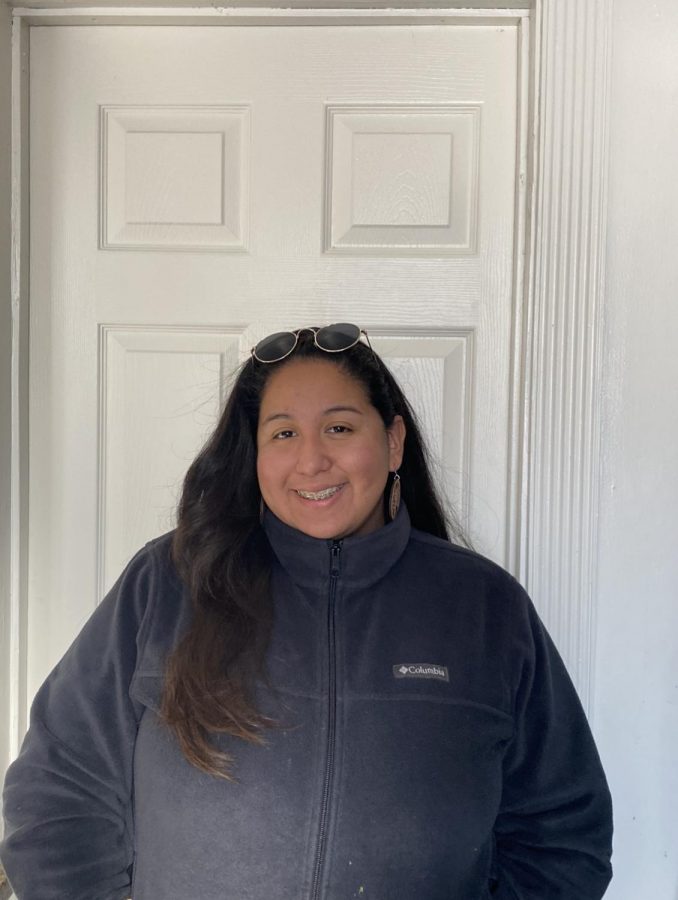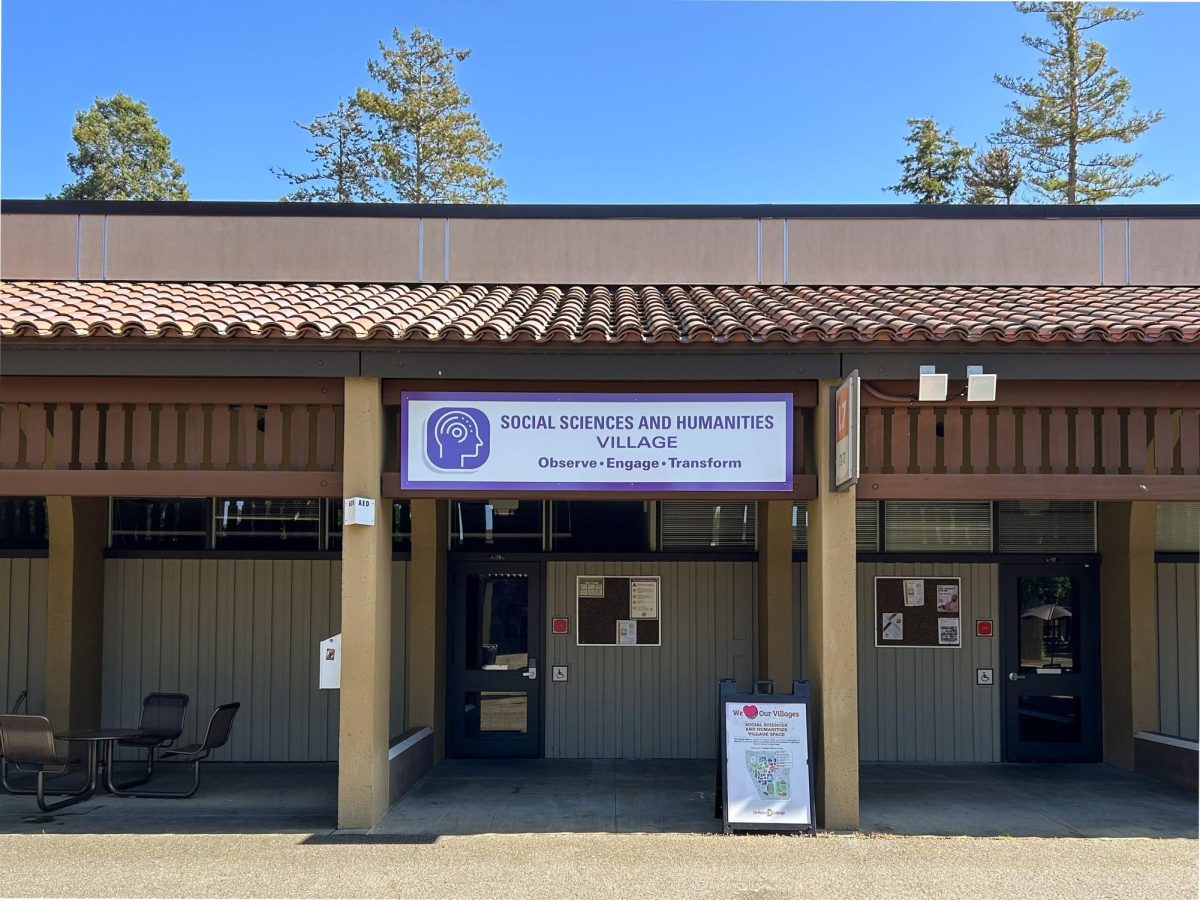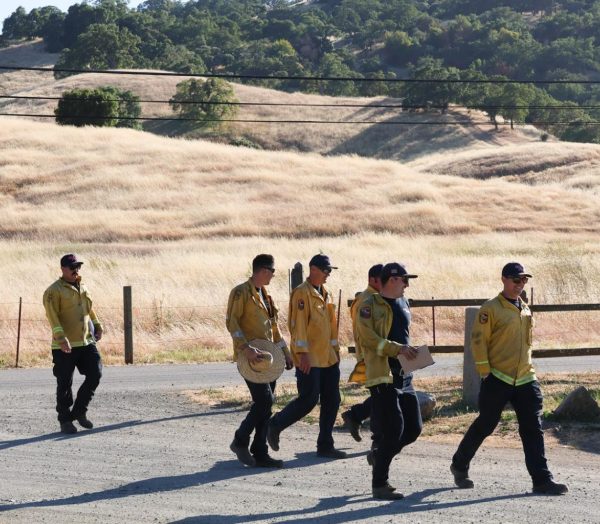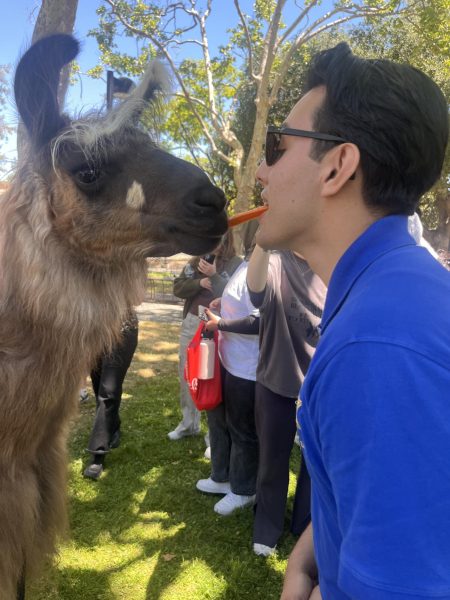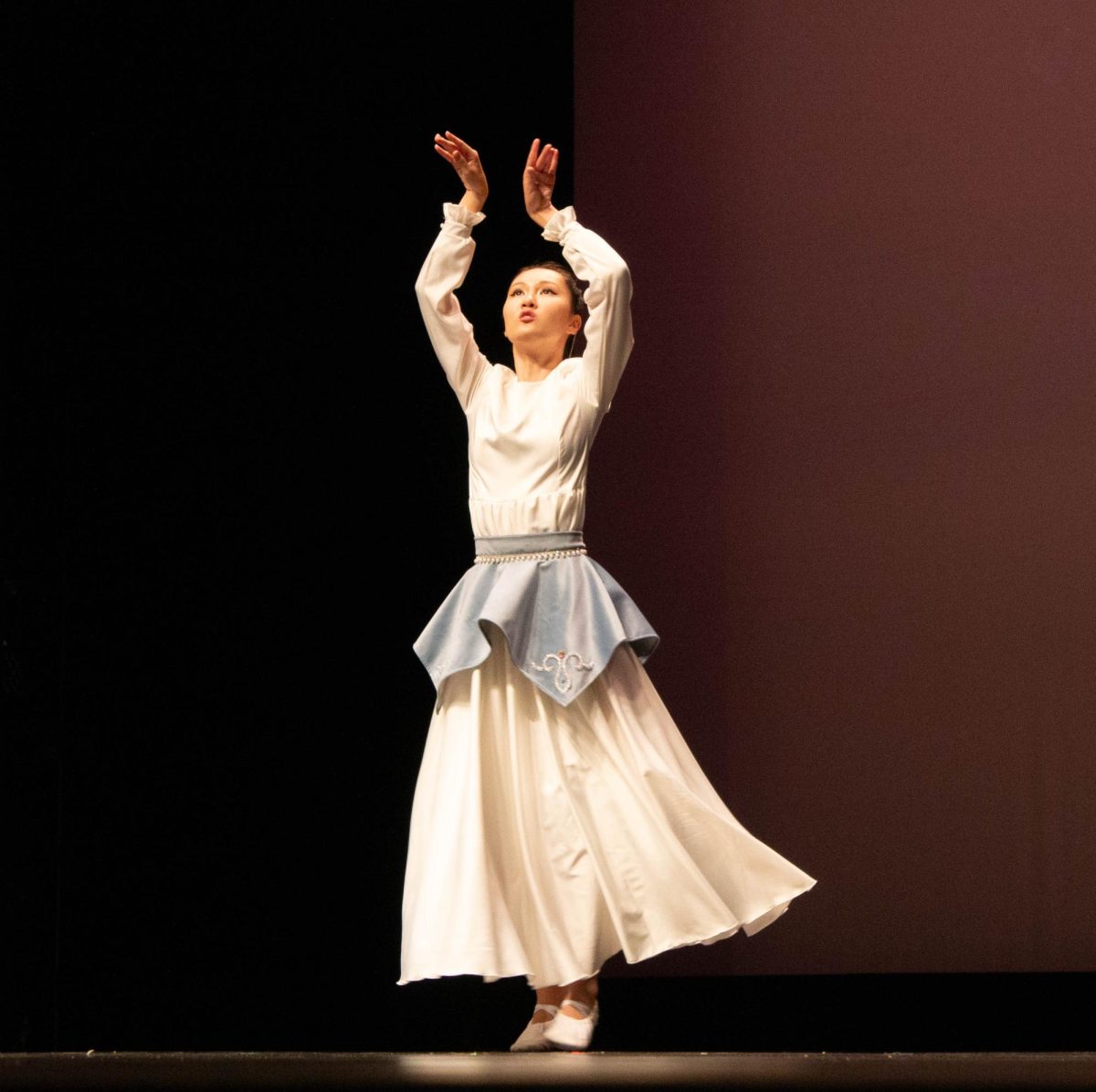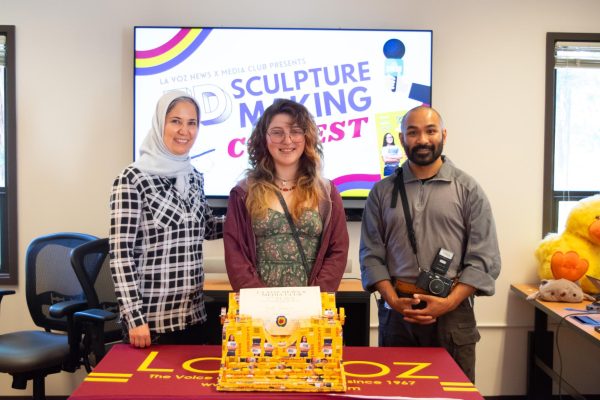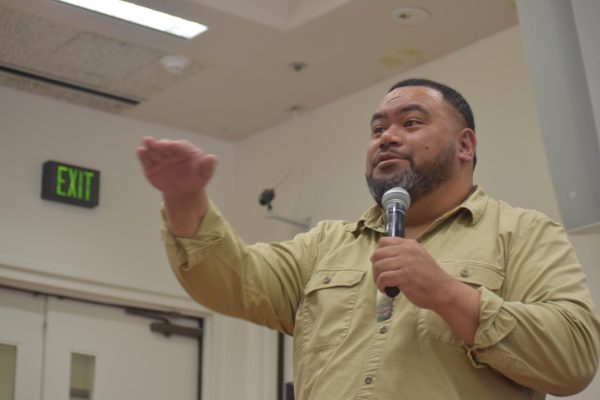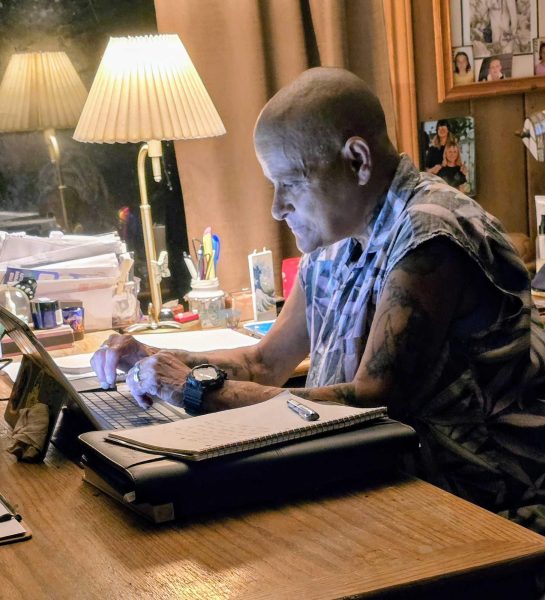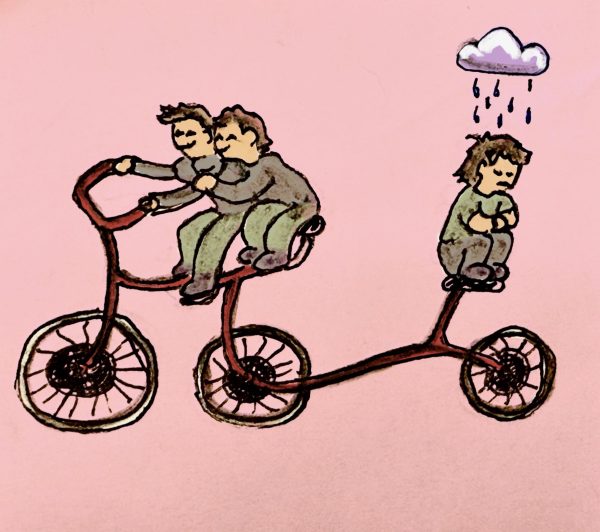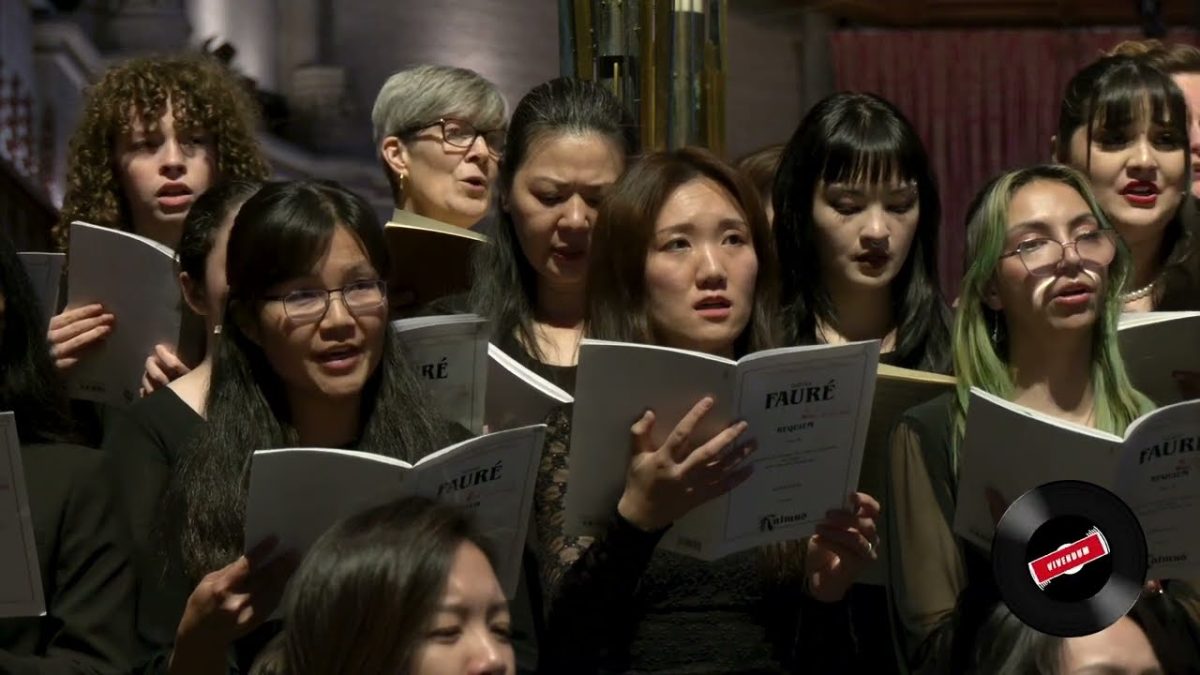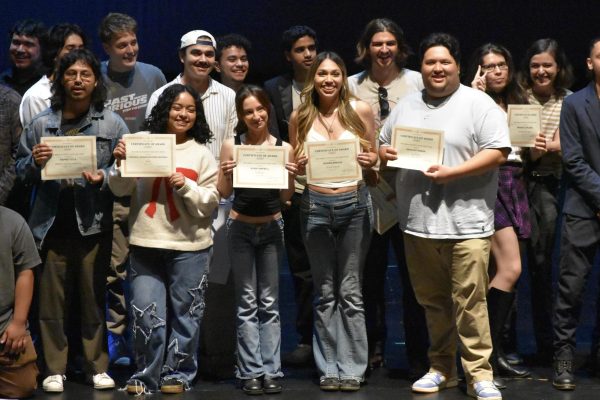Students face job insecurity amid COVID-19
December 9, 2020
Provoked by shelter-in-place and COVID-19 protocols, job loss has reshaped many De Anza College students’ lives.
Sophia Castillo, 20, music major, worked at Old Navy before the retail stores closed.
“Employment means to me the ability to sustain myself, to get necessities that I need on my day-to day-basis,” Castillo said. “It is like water, especially during a time like this.”
But because her temporary job loss kept the public safe during the pandemic, Castillo said she felt it was a worthy sacrifice.
“I was a little bit scared to be in an environment where I have to deal with so many people,” Castillo said. “I wasn’t that upset, but I was worried about how I would save money.”
Castillo did return to work when some restrictions were lifted, but she has recently moved and the commute to work has become too far. For now, she is helping her mom with DoorDash to have some “pocket change.”
Yael Jimenez, 19, biology major, experienced similar job insecurity, as she was temporarily put on leave at Bill’s Cafe. Now, she works for the Santa Clara County Parks and Recreation department on weekdays and the cafe on weekends.
“Emotionally, it gives me a sense of security,” Jimenez said. “If I wasn’t employed, then I would have to worry about paying bills.”
During the pandemic, Jimenez lost De Anza’s College Promise scholarship, leaving her with large student debt to pay.
“I wouldn’t have had this debt if it were not for the pandemic,” she said. “It goes both ways; it’s positive changes and negative changes.”
Shaylynn Graydon, a 22-year-old alumna of De Anza, also dealt with large bills when she lost her job at the gym 49ers Fit.
Graydon was “worried about being able to pay my monthly bills,” as well as losing experience and a social network.
She returned to the gym when restrictions were lifted in September, but it was soon forced to close back down due to rising cases. Graydon is considered a non-essential worker, so she is studying for a real estate license to expand employment prospects.
“I am studying real estate because I do not want to have to worry about being in an essential field or not,” she said. “The experience that I had gained [by working at the gym] I wasn’t using after COVID.”
As coronavirus cases grow, the threat of job insecurity does not seem like it will disappear soon.



